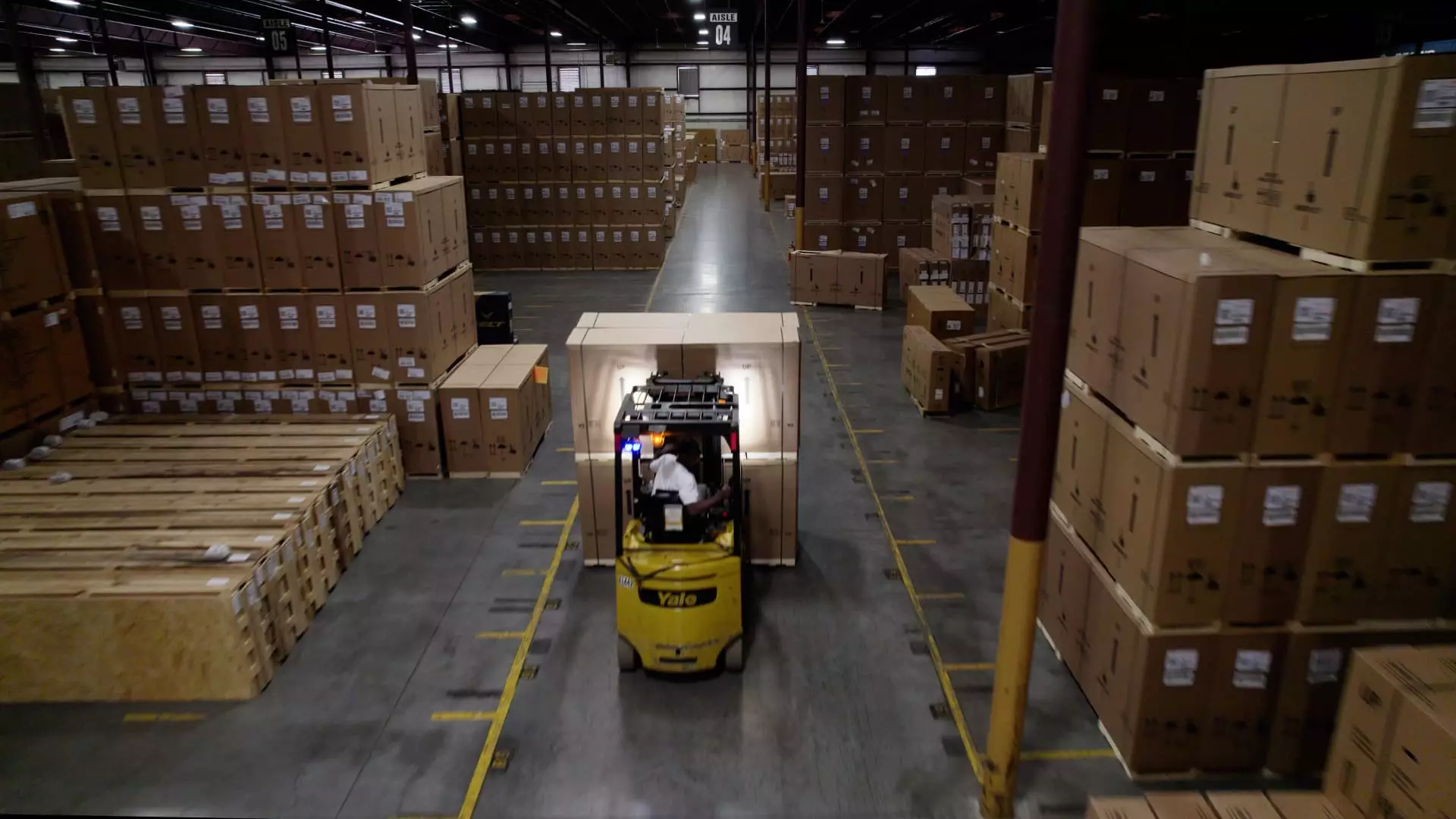In an era marked by escalating tariffs and unpredictable trade policies, businesses are increasingly turning to underutilized yet powerful tools to shield their bottom lines. Foreign Trade Zones (FTZs) and bonded warehouses, once considered niche options, have now become essential strategic assets. These locations allow companies to temporarily store, assemble, or modify imported goods duty-free—offering a critical buffer against the financial shock of rising tariffs. It’s a calculated move that speaks volumes about the resilience, adaptability, and sometimes, desperation of global businesses navigating a turbulent political landscape.
Contrary to the perception of these zones as mere logistical conveniences, FTZs are in effect a form of economic warfare—an invisible bubble that lets corporations delay the payment of duties until a product actually enters the U.S. market. During what some might call unprecedented times, this tactic can spell the difference between a profitable quarter and a financial disaster. The choice to store goods in these zones isn’t just about convenience; it’s a visceral attempt to hold onto cash flow amidst mounting tariffs that threaten to drown companies in higher costs and squeezed margins.
The Historical Parallel: From Depression-Era Protections to Modern Shielding
The origins of FTZs trace back to the Great Depression, an era when the U.S. government sought to mitigate the economic devastation wrought by tariffs like the Smoot-Hawley Act. During that time, Congress created these zones to stimulate trade at a time when tariffs reached staggering levels. Fast forward to today, and the purpose remains somewhat consistent: providing a lifeline for industries battered by geopolitical tensions. But what’s changed is the scale and sophistication in how these tools are exploited in response to the current global trade war.
Major corporations—automakers, tech giants, pharmaceutical firms—have long leveraged FTZs to optimize their manufacturing and supply chain efficiencies. The practice of inverted tariffs, where duty rates on finished goods are lower than on imported components, has saved them millions. Pfizer’s example during COVID-19 underscores how these zones can even accelerate innovation and production without the immediate financial drain. However, recent policy shifts, such as President Trump’s executive orders, have cut into these benefits, forcing companies into a strategic corner.
The Newary Landscape: Bonded Warehouses as a Necessary Alternative
As the inverted tariff benefit recedes, bonded warehouses have surged in popularity. This shift isn’t merely an alternative; it’s a testament to the relentless pursuit of cash preservation. Unlike FTZs, where duties can be deferred indefinitely, bonded warehouses impose a five-year limit on storage—yet this is often enough time for companies to wait out market fluctuations or tariff reductions.
The reality is unsettling: corporations are gaming the system in a relentless pursuit of liquidity and competitive advantage. Delaying duties allows firms to reinvest capital, manage inventory costs, and hedge against policy uncertainty. This ‘tariff bubble’ strategy exemplifies the broader tension within global commerce—where profit maximization often hinges on exploiting regulatory gaps, even if temporarily. And with demand for bonded warehouses skyrocketing, it signals a landscape where flexibility and strategic foresight are now non-negotiable.
Implications and Ethical Quandaries of Trade Loopholes
While businesses claim these strategies are necessary for survival, they also pose profound questions about fairness and national economic health. Is it truly beneficial for the economy when corporations sidestep duties designed to protect domestic industries and fund public services? Does this not tilt the competitive playing field, favoring those with the financial resources to navigate and manipulate complex trade law?
Moreover, the reliance on zones that enable duty deferrals may inadvertently maintain manufacturing in regions where costs are artificially kept low through tax minimization, rather than genuine productivity. This can undermine efforts to bolster local economies and innovate domestically. There is an underlying tension here: companies are adjusting to systemic trade conflicts, but their methods often perpetuate a cycle of dependency on regulatory loopholes rather than substantive reform or fair competition.
From a center-wing liberal perspective, this landscape underscores the core challenge of modern trade policy: fostering a balanced environment where businesses can remain competitive without undermining national interests or perpetuating inequality. While FTZs and bonded warehouses serve as practical tools for resilience, their overuse or misuse risks exacerbating economic disparities and fostering a race to the bottom.
It’s imperative that policymakers weigh the benefits of these zones as critical safety nets against their potential for abuse. Structural reforms are needed to ensure these mechanisms support genuine economic growth rather than just corporate survival at the expense of the broader society. In a world where trade tensions are unlikely to diminish soon, the question remains whether these loopholes serve as sustainable solutions—or create new vulnerabilities in our economic landscape.


Leave a Reply